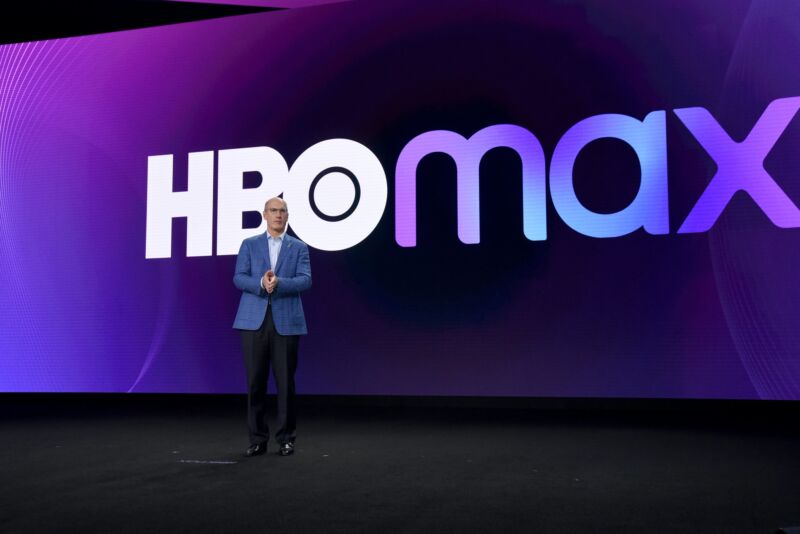
By now, you may have heard that the two major TV streaming services run by Warner Bros. Discovery (HBO Max and Discovery+) are set to merge soon. Thanks to a new report from CNBC, we now have a good inkling of what the new combined service will be called.
The historically reliable financial publication cites sources familiar with the matter who say Warner Bros. Discovery lawyers are vetting the name "Max," which the company's executives have chosen for the service.
It notes that the name could still change but that Max is "the likely choice" and that boots are on the proverbial ground trying to make it a reality. Until now, the company's leaders have called the new service by the temporary codename "BEAM" internally.
The name change could help to resolve a perplexing history for the HBO brand that viewers have grappled with in recent years.For ages, the HBO cable channel's name was associated with premium shows and films that were notably distinct from much of the other content on television.
But as streaming technology took off, there was confusion over exactly what the difference was between the HBO cable network's two streaming services: HBO Go and HBO Now. (Go required customers to sign up via a traditional cable provider, whereas Now was a fully digital service that did not require a cable subscription.)
Then came HBO Max, which merged HBO content with shows and films from some (but not all) of the other properties owned by the conglomerate, such as DC Comics, Cartoon Network, Warner Bros. films, and so on.
While HBO Max likely benefitted from the prestige brand recognition of the HBO name, company executives reportedly worried that the name's cachet would be diluted because it now covered a wider range of content.
With even more content coming under the streaming service's umbrella with the coming Discovery+ merger, a name change to Max would allow HBO to keep its unique identity while retaining some part of the HBO Max name to (maybe) avoid confusing existing customers.
In other words: It's all been a bit of a mess that's been getting messier by the day, and Warner Bros. Discovery is taking the service merge as an opportunity to more or less hit a reset button on the whole affair.
When Max launches, it will add Discovery+'s library of content from networks like the Discovery Channel, Animal Planet, TLC, HGTV, Food Network, CNN, and A&E (among others) to what we've already seen in HBO Max, making for one of the most robust libraries of original content on any streaming service.
The new service's interface will be broken into clear sections based on brand. That's similar to Disney+, which draws lines between shows and films from the Marvel, Star Wars, Disney, and National Geographic brands, among others.
Max (if that is indeed its name) is slated to launch in spring 2023. There have been no announcements about its pricing, but HBO Max and Discovery+ cost $14.99 and $6.99 monthly for their ad-free tiers.
reader comments
160